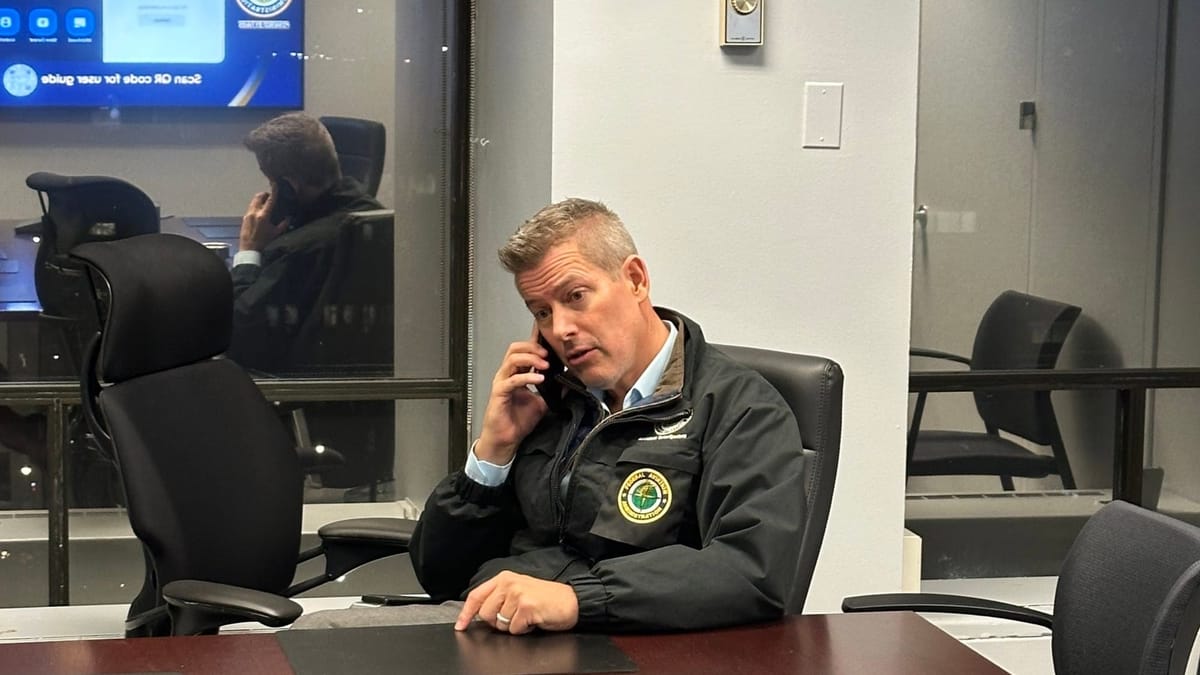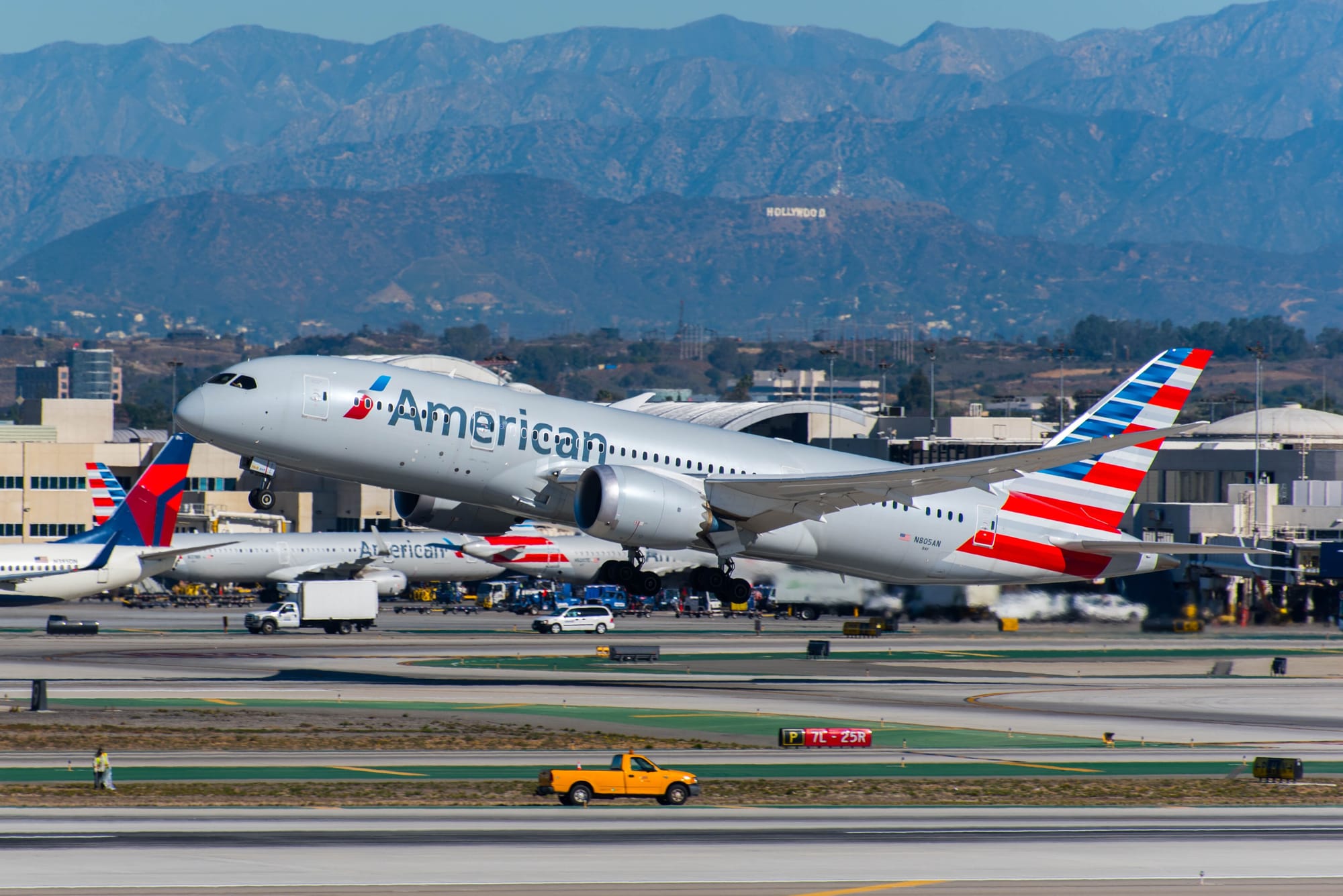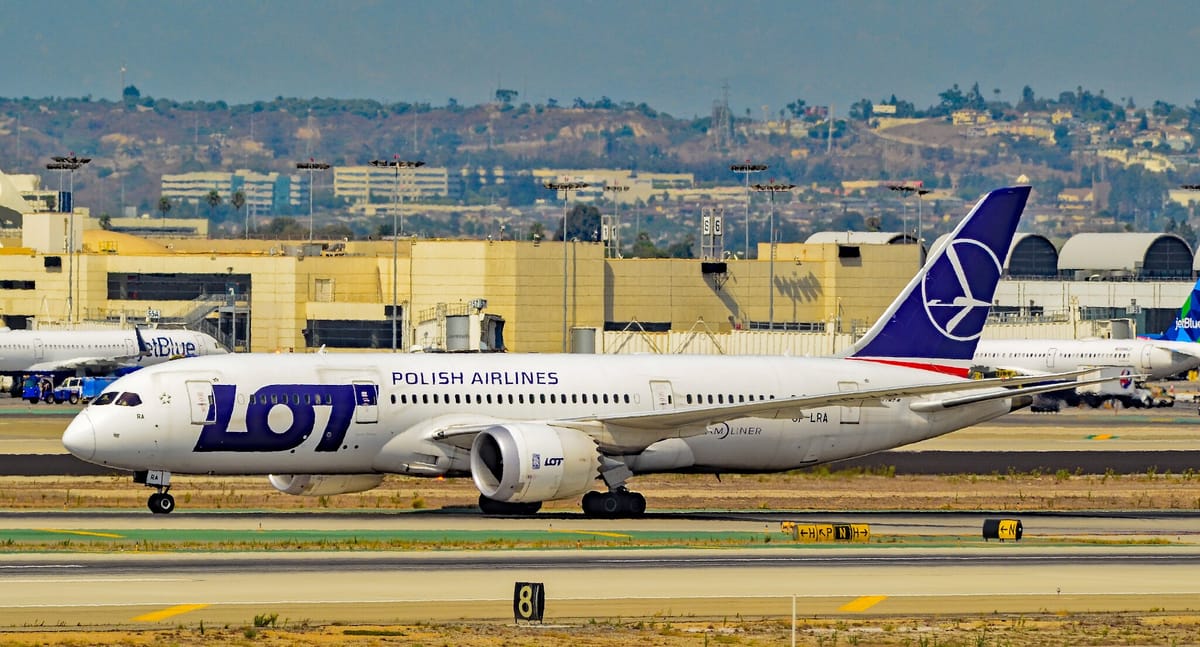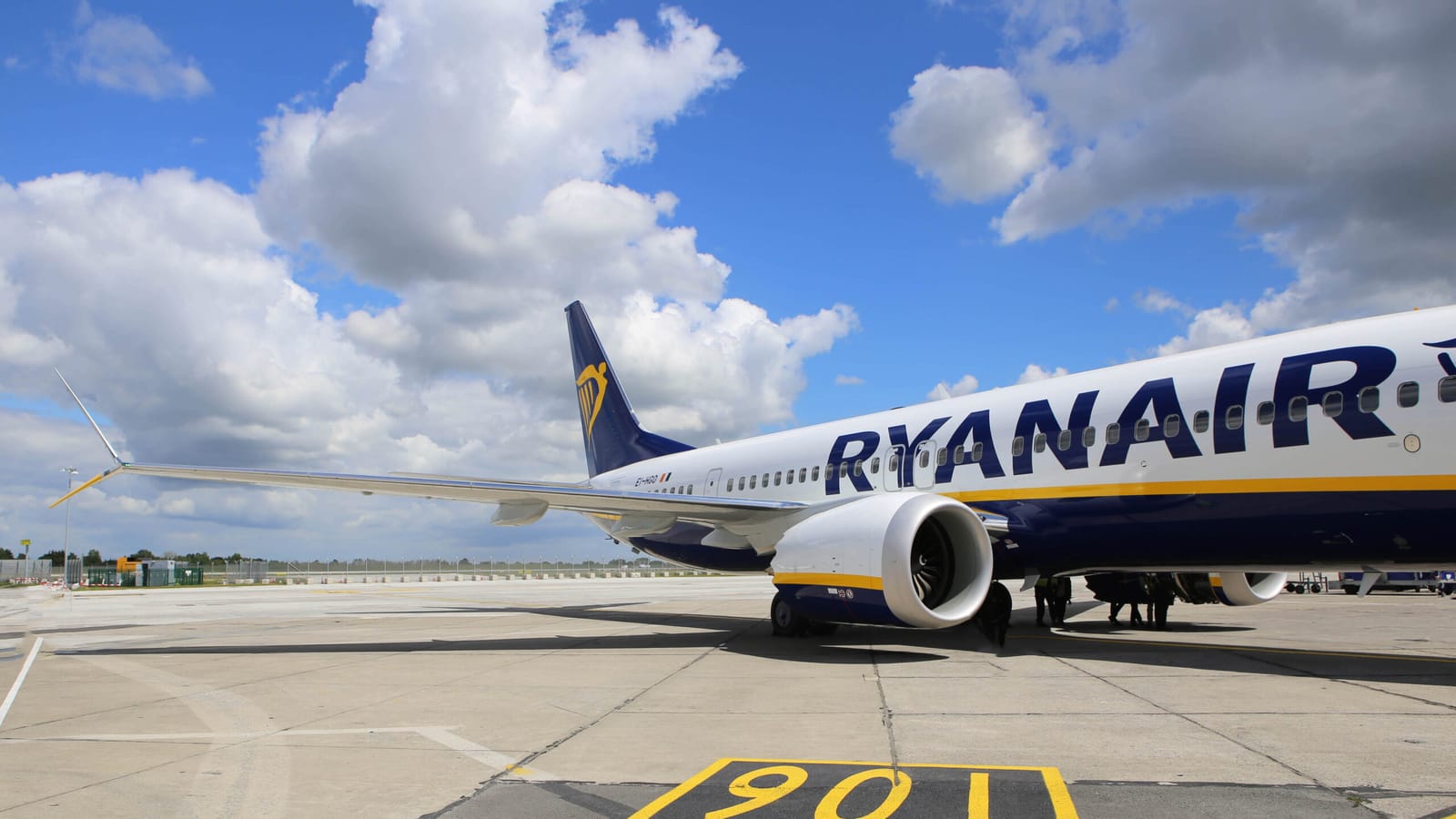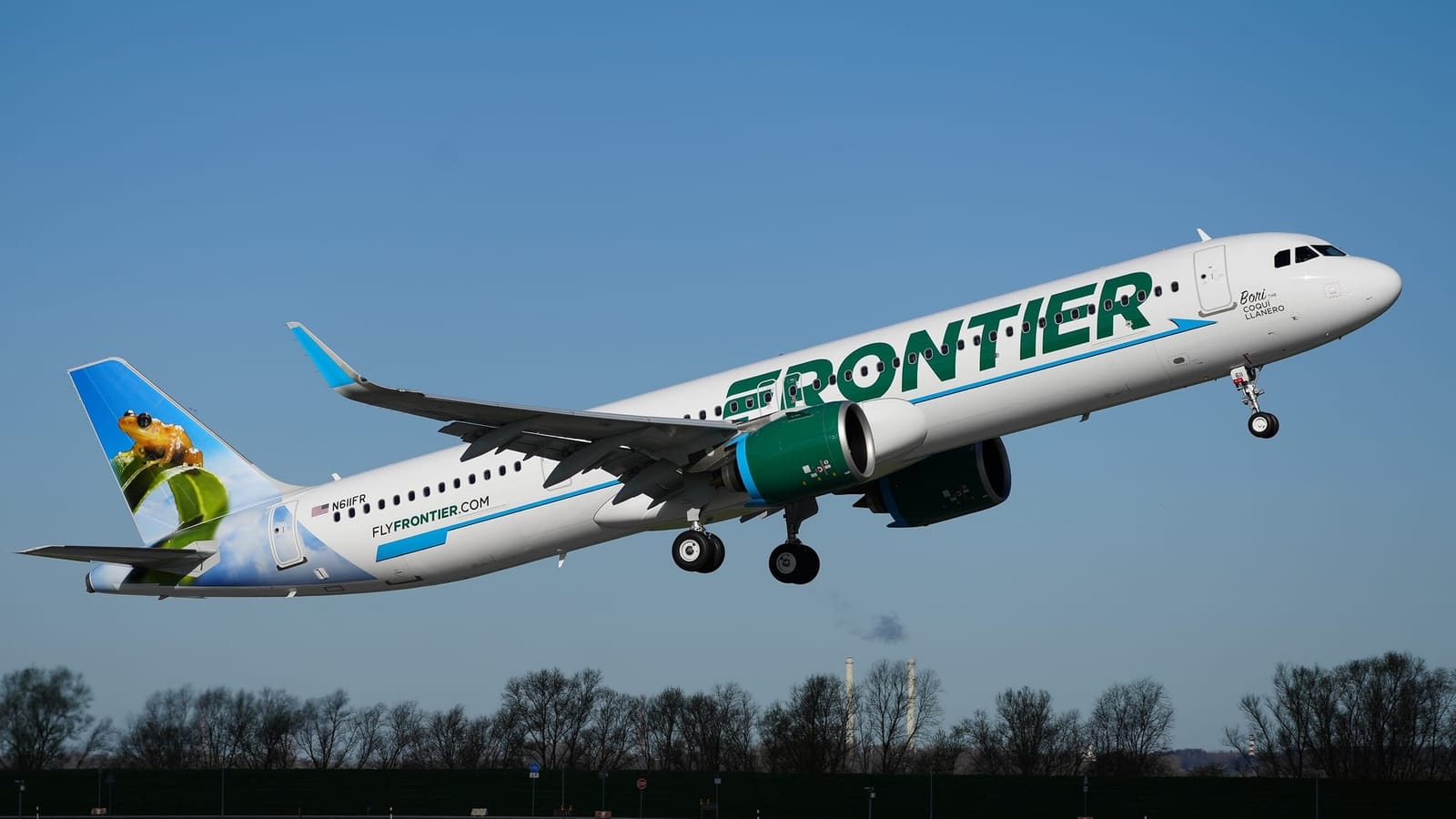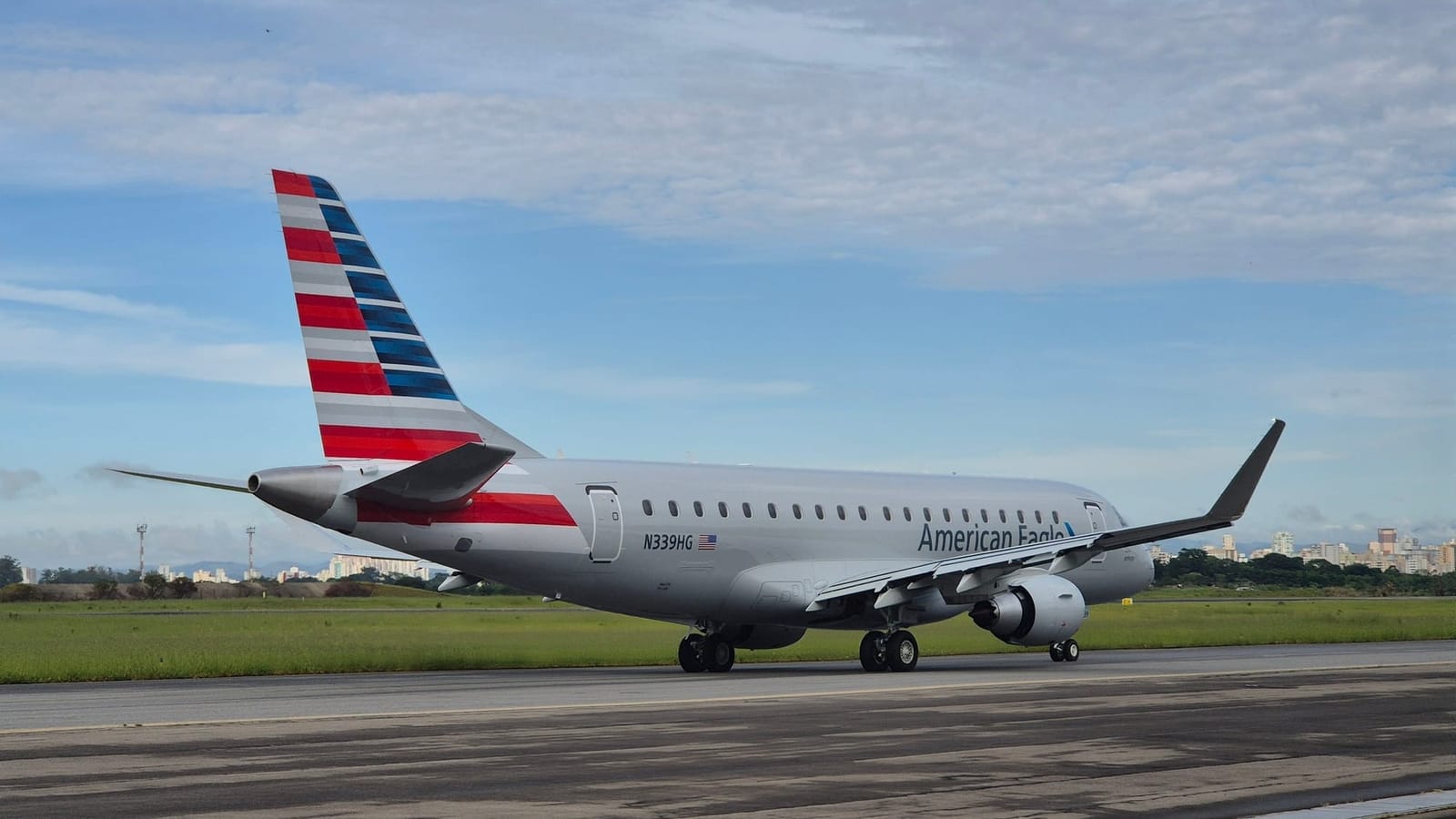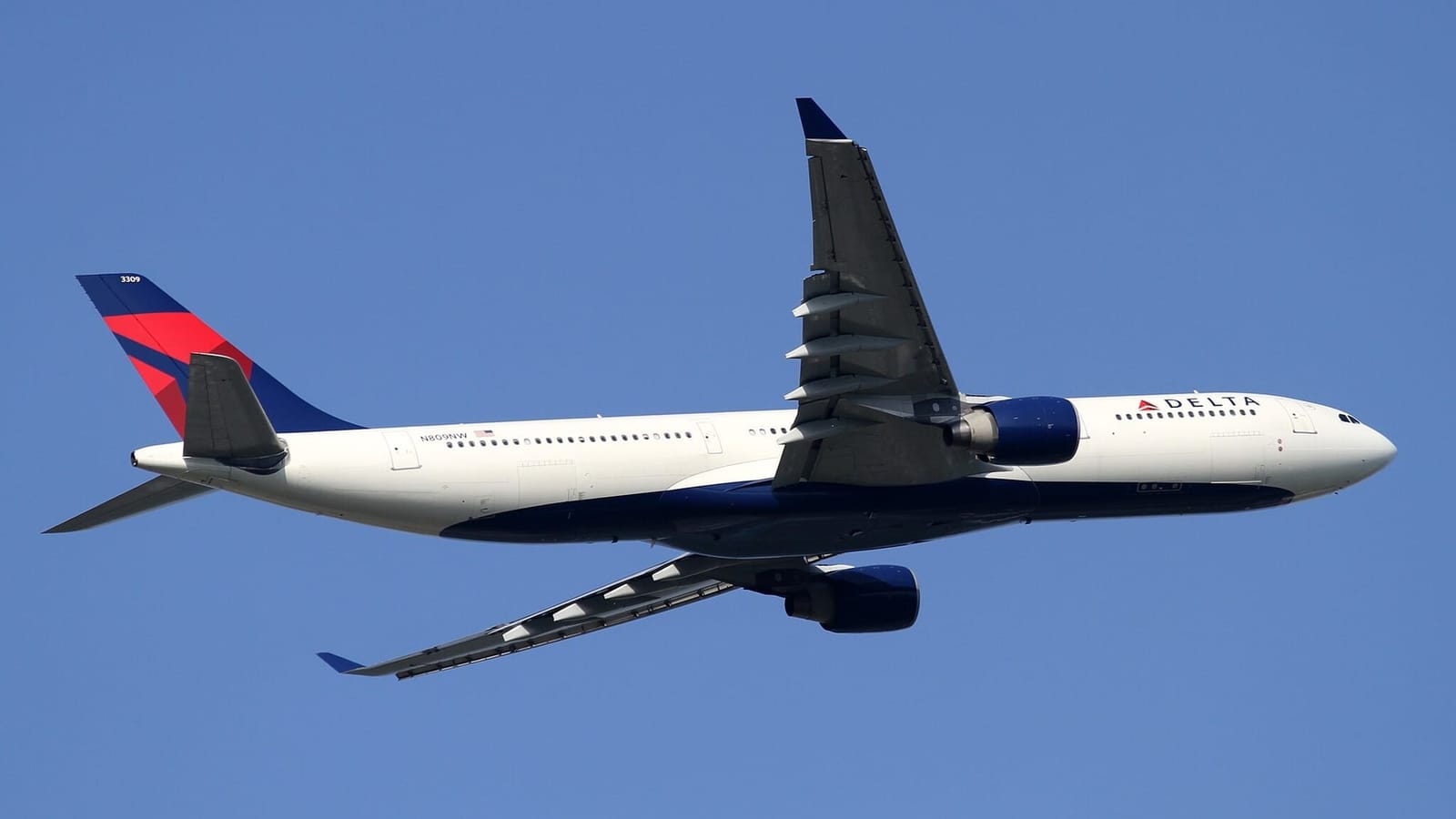Airlines for America (A4A), a United States-based airline lobby group that includes the largest carriers in the country, has called for changes to the way the Federal Aviation Administration (FAA), including air traffic control (ATC), is funded, to avoid any potential future disruptions during shutdowns.
On November 12, 2025, shortly after Donald Trump, the President of the United States, signed a bill to fund the federal government, including the Department of Transportation (DOT), the parent agency of the FAA, A4A released a statement that first applauded the end of the government shutdown.
“This prolonged disruption placed significant strain on millions of Americans—including travelers, shippers, and the federal employees who keep our aviation system safe.”
The association also thanked ATCs and the Transportation Security Administration’s (TSA) employees who worked during the shutdown despite not getting paid. ATCs, at least, received their last partial paycheck on October 14.
“When the FAA gives airlines clearance to return to full capacity, our crews will work quickly to ramp up operations, especially with Thanksgiving holiday travel beginning next week.”
However, A4A pleaded with Congress to ensure that any future funding bills prevent aviation from becoming “collateral damage in Washington’s policy debates.”
The lobby group pointed out that the FAA’s Airport and Airway Trust Fund has $5 billion, which could be used to pay controllers during any future shutdowns.
“We ask Congress to consider legislation that would implement a long-term solution,” A4A concluded.
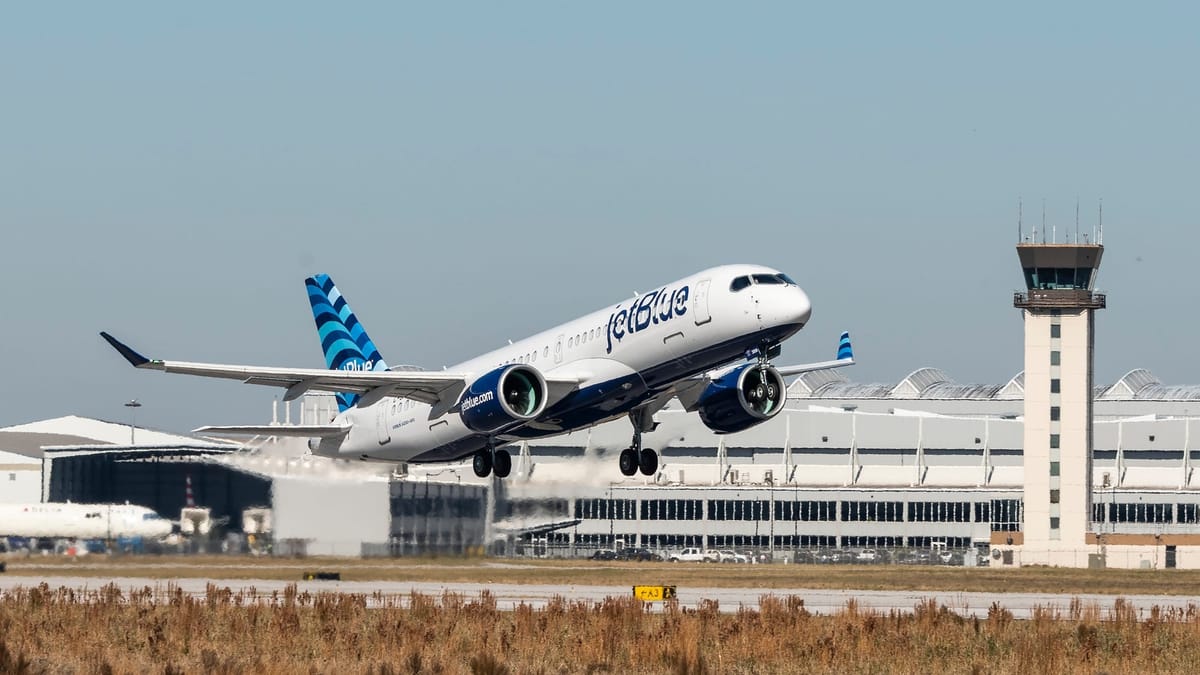
In a previous statement on November 10, A4A detailed that not only controlling staffing issues had contributed to 61% of the National Airspace System’s (NAS) delay minutes between November 7 and November 9, but staffing issues disrupted 5.2 million passengers flying with A4A airlines between October 1 and November 9.
The association highlighted that between October 1 and October 29, A4A’s carriers canceled 11 flights due to controller staffing shortages. That number went up to 4,162 between October 30 and November 9, which includes 3,756 canceled flights from November 7 to November 9.
If the FAA planned 10% flight cuts had gone through starting November 14, A4A estimated that the average economic impact would have been between $285 million and $580 million, “depending on the degree to which airlines can reaccommodate cancellation-disrupted passengers on the remaining flights.”
The estimate did not include staffing issues and “costs associated with value of passenger time, reduced bookings, passenger refunds, etc.”
A4A member airlines include Alaska Airlines, American Airlines, Delta Air Lines, JetBlue, Southwest Airlines, United Airlines, and others.
In a statement on November 12, DOT said that it has ‘frozen’ the flight reduction plan at 6% for the time being, “as the FAA continues to assess whether the system can gradually return to normal operations.”
The shutdown had resulted in aviation becoming increasingly politicized, especially with Sean Duffy, the Secretary of Transportation, not shying away from blaming Democrats for the federal funding lapse that was the longest in the country’s history.
Politicization of the issue reached its zenith when Trump shared his thoughts about controllers who called in sick and/or had not shown up to work during the shutdown, most likely to work side jobs to ensure that they could continue paying bills.
In a post on Truth Social, Trump said that he was “NOT HAPPY WITH [sic]” with controllers who “took time off, even though everyone knew they would be paid, IN FULL, shortly into the future.”
“If you want to leave service in the near future, please do not hesitate to do so, with NO payment or severance of any kind! You will be quickly replaced by true Patriots, who will do a better job on the Brand New State of the Art Equipment, the best in the World, that we are in the process of ordering.”
While Duffy had refrained from attacking controllers during the shutdown, having been understanding that some ATCs had to get other jobs to provide food on the table, the Secretary echoed Trump’s rhetoric during a press conference on November 11.
“They had not missed a pay period, and they did not come to work. […] I am concerned about their dedication. I am concerned about their patriotism.”
Pette Buttigieg, Duffy’s predecessor at the DOT, shared his thoughts on why Trump attacked controllers. In a post on X, formerly known as Twitter, he said that, in principle, it was “one more way to distract from his decision to increase your health insurance premiums.”
In typical Trump administration fashion, Duffy resorted to insults, calling Buttigieg ‘No Show Pete,’ and shared a clip from Fox News where he claimed – at times, falsely – that Buttigieg ignored 85 near-misses near Washington Ronald Reagan National Airport (DCA) before the mid-air collision in January, spent $80 billion on Diversity, Equity, and Inclusion (DEI) and on climate change at the DOT, and “lowered the standards for training at the FAA.”
“He focused on pronouns at the FAA, changing those things, but never worked to fix the air traffic control system,” Duffy continued.
Ironically, Duffy’s literally second policy change at the DOT included signing the ‘Woke Rescission’ memorandum, directing DOT’s employees to “identify and eliminate all Biden-era programs, policies, activities, rules, and orders that promote climate change activism, Diversity, Equity, and Inclusion (DEI) initiatives, racial equity, gender identity policies, environmental justice, and other partisan objectives.”
